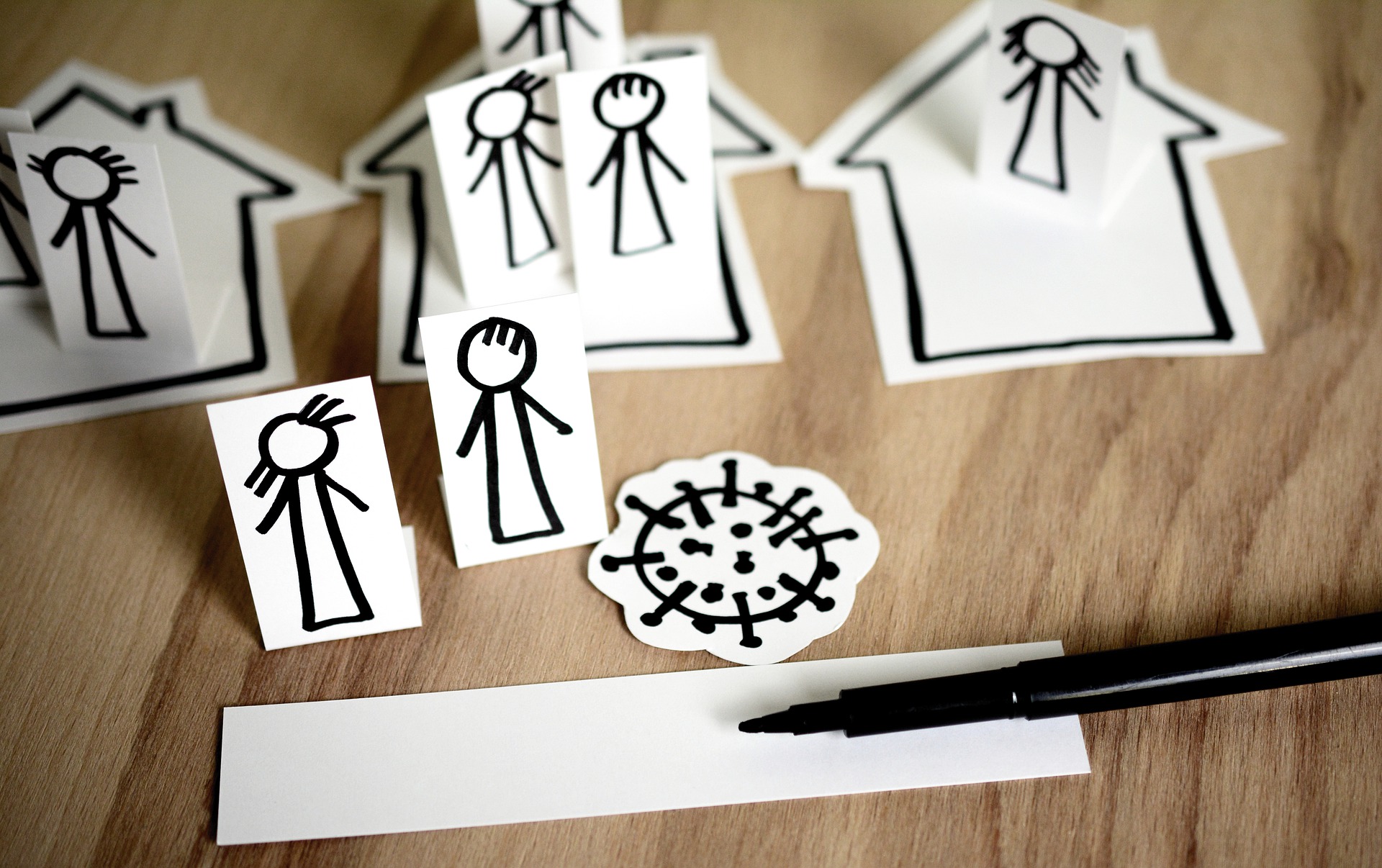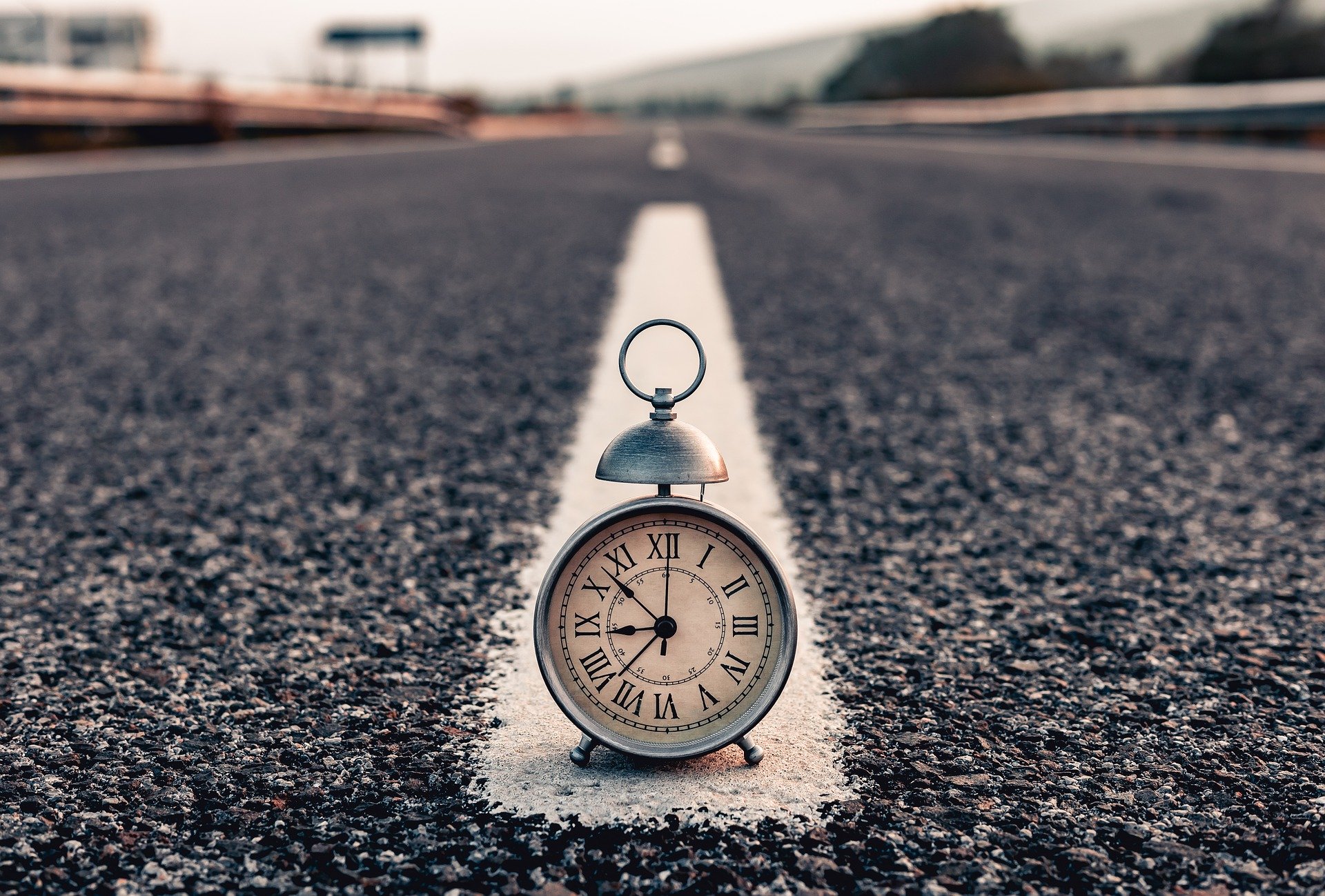Couples Suffer During Coronavirus Outbreak
National statistics show that overdoses from drugs are up during the coronavirus epidemic. Along with drug use, alcohol purchases are up as well, putting many people at risk for relapse or addiction.
Couples who use alcohol or drugs together have a difficult time having a healthy functional relationship. They also have a tough time when it comes to sobriety because, both people in the relationship have to remain sober. When one “falls out” and uses drugs or alcohol the other is left to try to remain sober on his or her own. The end result is usually giving in to old habits and “use” with their partner.
In 2020 the new deadly COVID-19 has given many people anxiety and depression, pushing them towards alcohol and drugs to self-medicate. With bars and also dining establishments closed, it makes good sense that recent sales fads illustrate the substantial change in where customers get as well as ultimately where they eat their alcohol drinks of their choice. Compared with this moment a year earlier, throughout the seven-week COVID-impacted duration ended April 18, brick-and-mortar alcohol dollar sales were up 21%, while on the internet sales of alcohol have actually increased to over 2X that of a year earlier, up 234%. In fact, alcohol is the fastest growing shopping division among consumer packaged goods (CPG), as well as regular growth has continued.
There’s no question that Covid-19 is a deadly disease, with more than 120,000 fatalities in the U.S. Opioids are similarly fatal, with approximately 450,000 lives lost to taking opioids in between 1999 and 2017. In 2018 alone, there were 67,367 fatalities involving opioids, and this impressive number really reflected a minor enhancement, as it had to do with 4% less than those lost in the year prior.
Drug Rehab For Married Couples
You should look no further if you want to get clean together, no matter where you are, where they are or where we are going and what is going on.
According to a recent study by the National Institute on Drug Abuse (NIDA), couples who have used drugs together in the past three years have used drugs together.
Couples Rehabs offers an inpatient drug rehab for couples, which is intended to do less harm to the couple than a typical outpatient treatment facility. Achieving sobriety can be a difficult endeavor for anyone struggling with substance abuse or addiction, but when a partner in a romantic couple has an addiction, quitting is an even greater challenge, according to a recent study by the National Institute on Drug Abuse (NIDA) and the Centers for Disease Control and Prevention (CDC).
Whether you are married, dating or in a relationship of any kind, there can be many challenges when it comes to triumphing over an addiction. When a couple is addicted, this can cause serious problems for the couple and their children.
Substance abuse and addiction do not go away, but only get worse if left untreated. Such problems become even more problematic if, in addition to physical problems, other problems such as mental health problems, depression, anxiety and depression are added to them.
Substance abuse, including alcohol addiction, is a major problem in the United States and one of the most common causes of mental health problems among married couples. Addiction causes great anxiety for spouses and their families, as well as for their children and grandchildren. A low point in a marriage comes when a spouse is struggling with an alcohol or drug addiction. Another challenge is the sense of powerlessness that a spouse feels when his partner actively abuses drugs or alcohol, or the strange combination of hope and anger that arises when the spouse enters drug therapy. Confidence problems between spouses will need to be cured after rehab, but they are much more likely to cause problems than other problems such as depression and anxiety.
Couples will need to learn to correct enabling and codependent behavior, communicate effectively, and hold each other accountable without blaming each other. They will have to spend time getting to know each other again, as well as learning how to correct and correct the behavior of addicts.
This also means learning how to spend quality time together, which is not about planning recreational and recreational activities that some couples abandon due to substance abuse, which causes strained relationships and embarrassing moments. Planning intimate encounters can ensure that emotional and physical needs are regularly met without resorting to substance abuse. Maintaining date nights and ensuring spontaneity help prevent boring and self-destructive addictive activities.
Relapse rates in addicted couples can be high, so it is particularly important to set up a follow-up plan. Couples participating in drug rehab can recommend the following solutions:
Couple therapy programs in Utah can be especially helpful when it comes to getting help for a substance abuse problem. Couple therapies can also be combined with individual counseling from Utah, which makes them very versatile and personalized.
Couple therapy can also be a necessary complement to outpatient rehabilitation programs if the partners are able to communicate and control triggers that occur at home or in the relationship. Both partners should also be prepared to take advantage of various options for addiction treatment, including the possibility of one partner entering outpatient rehabilitation more quickly than the other.
One of the most important reasons for rehab is the family therapy you receive during treatment. Successful completion of a couple addiction treatment program is only the beginning of your recovery path. Florida’s addiction treatment programs for couples address all aspects of recovery, physically, psychologically and spiritually. Residents are offered the opportunity to participate in a variety of evidence-based adventures such as group and one-on-one therapy sessions, group meetings, family counseling, community events and more.
Couples have the freedom to choose treatment options that work best for them individually or together.












Recent Comments